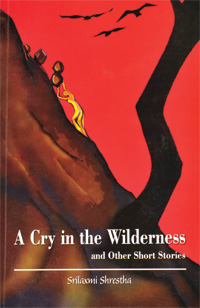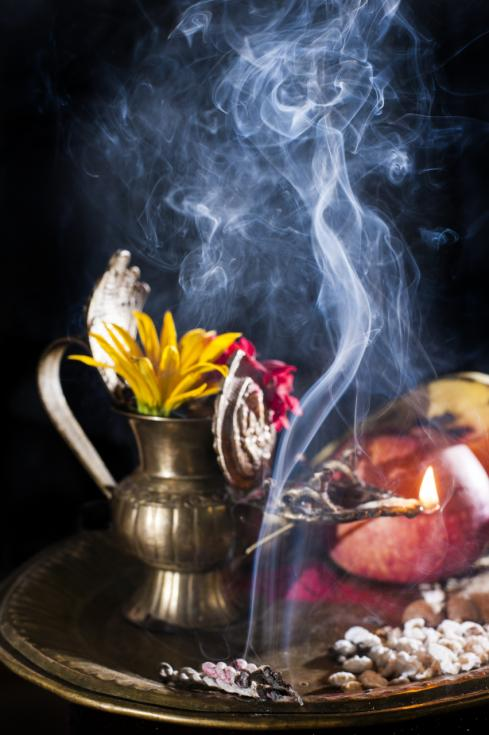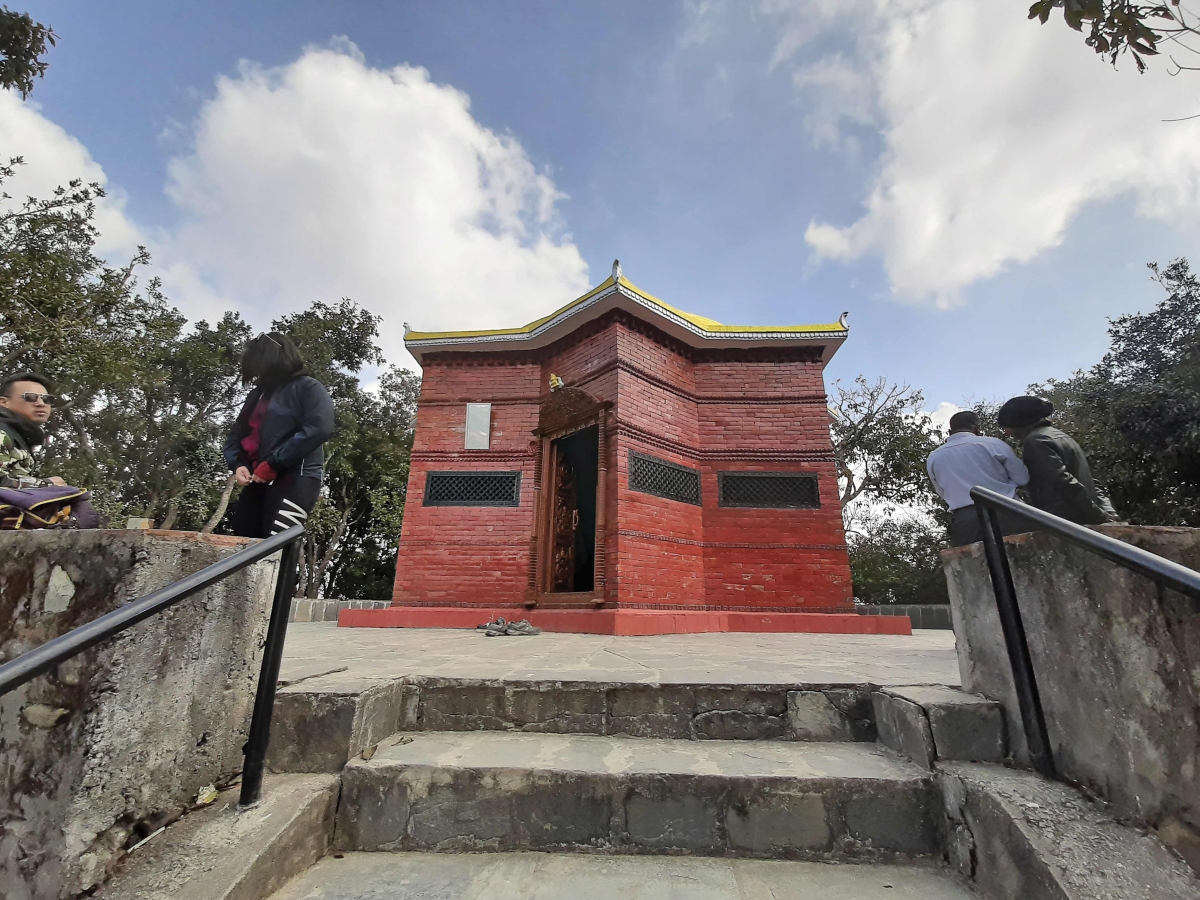Nothing to Declare
By Rabi Thapa
Here is a well writt en selection of short stories about life in Kathmandu from a young adult's perspective. These are sensitive, insightful, true-to-life stories about coming of age in modern, sometimes puzzling, urban society. Taken together, they reveal some of the angst of youth confronting the vagaries of first love, sex, drugs, family relations, interpersonal drama, and death.
en selection of short stories about life in Kathmandu from a young adult's perspective. These are sensitive, insightful, true-to-life stories about coming of age in modern, sometimes puzzling, urban society. Taken together, they reveal some of the angst of youth confronting the vagaries of first love, sex, drugs, family relations, interpersonal drama, and death.
Some story titles are revealing, like 'Initiation', 'No smoke without fire', 'A Nepali maid', 'The Trail', 'Home for Dashain', 'Night out in Kathmandu', and ‘Arranged marriage’. I was especially taken by ‘The Trail’, with its complex characters (Israeli trekkers) and a gripping under-plot (after you get through the personal infatuation scenes). ‘Arranged marriage’ reveals mixed emotions as a Nepali boy confronts the age-old custom. (Do I detect in some stories a hint of autobiography?)
Carefully written in polished English, these stories draw the reader into the life of Rabi Thapa’s characters. Some of the drama and trauma of their lives is easily resolved, and some is worked out through anxious difficulties. In a few, the resolution concludes with personal feelings of shame or perplexity. All the stories are readable and engrossing, with characters well crafted and believable, easy to understand and relate to. Their confrontations with life leave one seeking even more in the next story, and the next.
We’ll be watching for more of Rabi Thapa’s quality, creative output.
Fiction. Penguin Books India, New Delhi. 2011, penguinbooksindia.com. 172pp. Available in Kathmandu bookstores.
A Cry in the Wilderness and Other Short Stories
By Srilaxmi Shrestha
These 16 short stories are all told (in translation) from a Newar woman’s perspective. They reveal the sometimes mundane, sometimes challenging aspects of family life, of women in difficult marriages, and of both happiness and despair.
Each story typically does not have an obvious moral, but together they provide the reader with glimpses into the living rooms and kitchens of Newar wives and mothers, where we encounter the delights and drudgeries of daily life and the hopes and anguish that Newar women meet as their children grow up and move on.
In some ways, as the Editor points out, these stories describe a vanishing world. Most of them tell traditional tales, but a few are refreshingly modern. Srilaxmi Shrestha has written many of them from Kathmandu and some from The Netherlands, where she also resides.
The Editor provides as good a summary as any: “All the stories deal subtly with easily recognizable and very human problem situations. They draw the reader in with enticing local detail. Yet, as with many master short-story writers, they have at the same time a kind of mythic and universal quality.”
A good read all around.
Fiction. Translated from Nepal Bhasha (Newari) by Kesar Lall and Tej R. Kansakar; edited by D.N. Gellner. Vajra Publications, Kathmandu, 2011. 99pp., vajrabookshop.com.









